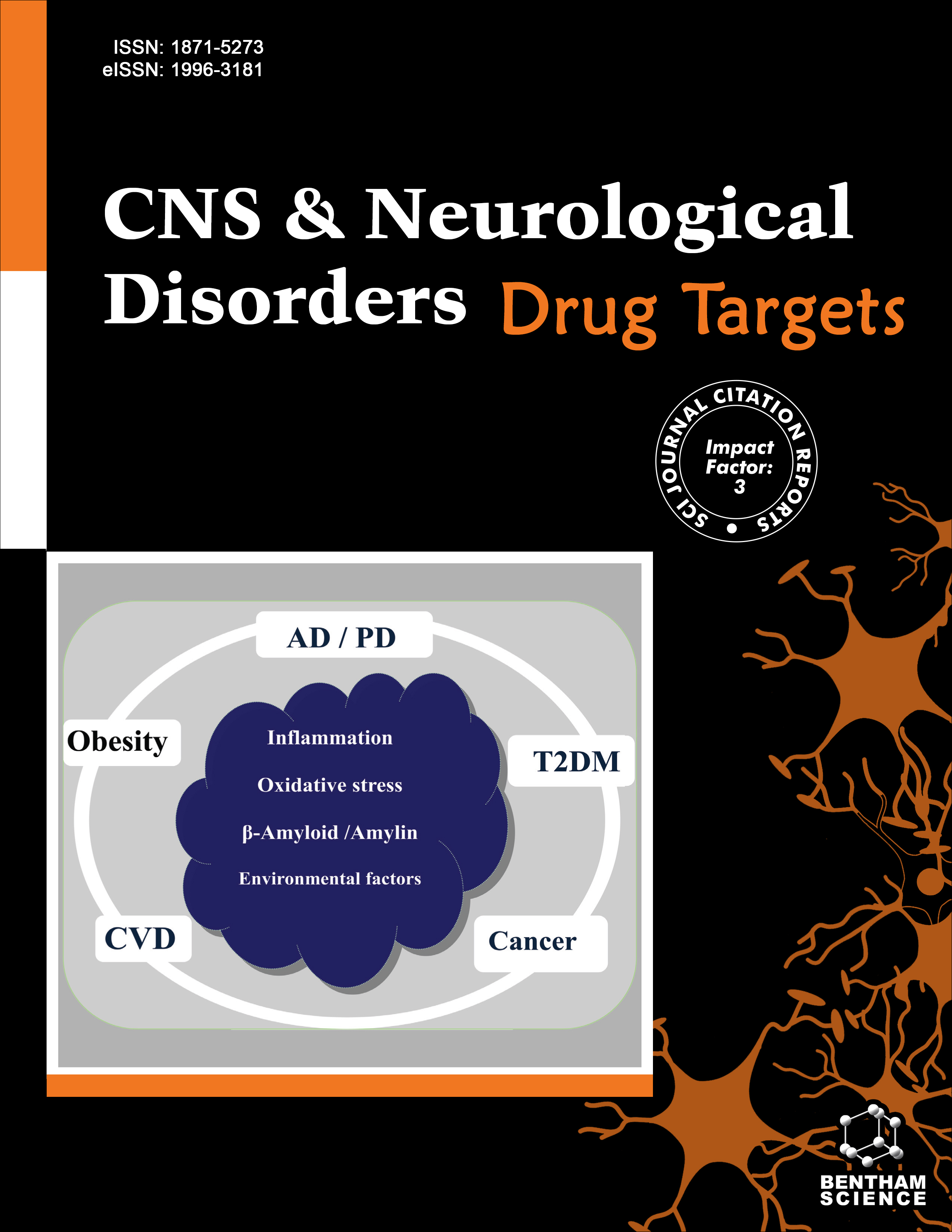-
oa Clinical Benefits of Therapeutic Interventions Targeting Mitochondria in Parkinson’s Disease Patients
- Source: CNS & Neurological Disorders - Drug Targets, Volume 23, Issue 5, May 2024, p. 554 - 561
-
- 01 May 2024
Abstract
Parkinson’s disease is the second most common neurodegenerative disease. Mitochondrial dysfunction has been associated with neurodegeneration in Parkinson’s disease, and several treatments targeting mitochondria have been tested in these patients to delay disease progression and tackle disease symptoms. Herein, we review available data from randomised, double-blind clinical studies that have investigated the role of compounds targeting mitochondria in idiopathic Parkinson’s disease patients, with a view of providing patients and clinicians with a comprehensive and practical paper that can inform therapeutic interventions in this group of people. A total of 9 compounds have been tested in randomized clinical trials, but only exenatide has shown some promising neuroprotective and symptomatic effects. However, whether this evidence can be translated into daily clinical practice still needs to be confirmed. In conclusion, targeting mitochondrial dysfunction in Parkinson’s disease is a promising therapeutic approach, although only one compound has shown a positive effect on Parkinson’s disease progression and symptoms. New compounds have been investigated in animal models, and their efficacy needs to be confirmed in humans through robust, randomised, double-blind clinical trials.


